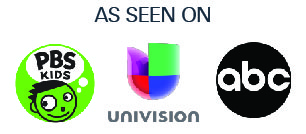Web-based speech therapy and online speech therapy is an effective way to assist people in other countries who wish to receive quality speech therapy for accent reduction when working on their English. The process is simple, so if you wish to get started, contact me here.
When working with native Cantonese speakers, it is helpful to know that there are certain phonemes (sounds) in the English language that are not found in Cantonese language. Those sounds are as follows:
/b/, /d/, /g/, /v/, /z/, /sh/ (like SHip)/, /g/ (like viSIon), /r/ (like Red), /ch/ (like CHew), /dg/ (like Jet) , /ð/ (like THis), and /?/ (like THin).
This is where speech drills work effectively. I take the above target sounds and assist the client with the correct and precise articulation of each phoneme at the sound level. Once the client can master the target at the sound level, we then move forward to words, phrases and finally sentences and conversation.
When teaching native Cantonese speakers to correctly produce English, some of the more common errors I hear are as follows:
– leaving out the final consonants during conversation,
– /s/ for /th/ in initial position of the word; “sank you” for “thank you”
– /f/ for /th/ in final position of the word: “toof” for “tooth”
– /d/ for /ð/ in initial or medial position of words: “dese” for “these”
– /s/ for /z/ in initial, medial, or final position of words: “sipper” for “zipper”
– /f/ for /v/ in initial or medial position of words: “fest” for “vest”
– /w/ for /v/ in initial or medial position of words: “west” for “vest”
– /l/ for /r/ in initial, medial, or final position of words: “led” for “red”
– /s/ for /sh/ in initial, medial, or final position of words: “see” for “she”
The American Speech and Hearing Association (ASHA) has more information about the Cantonese phonetic system here.
For more information about speech therapy services online or reducing your accent via online speech therapy, contact me today to schedule an appointment.




